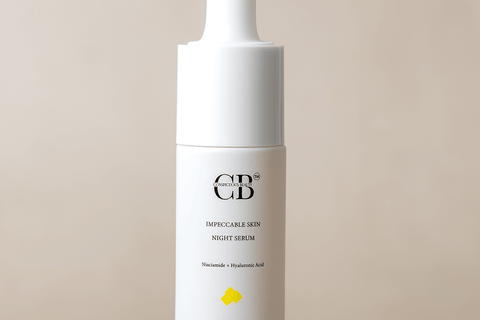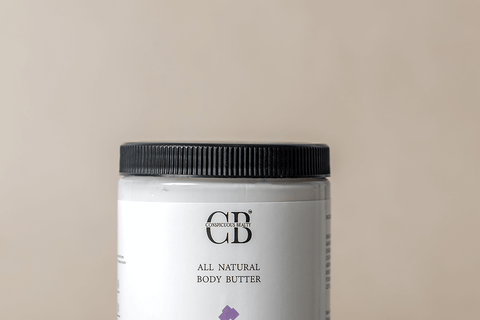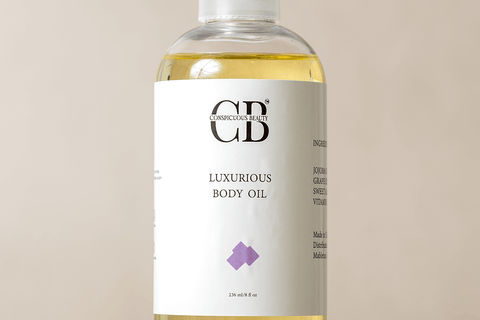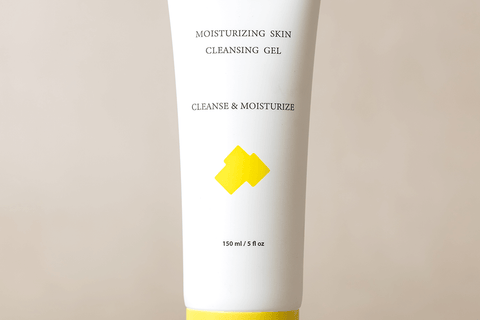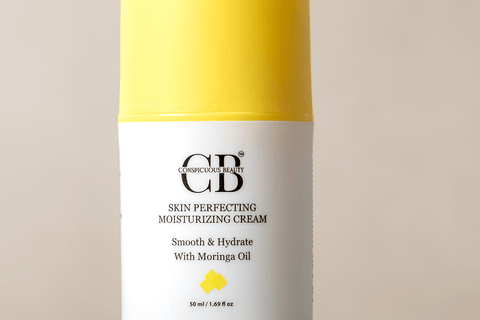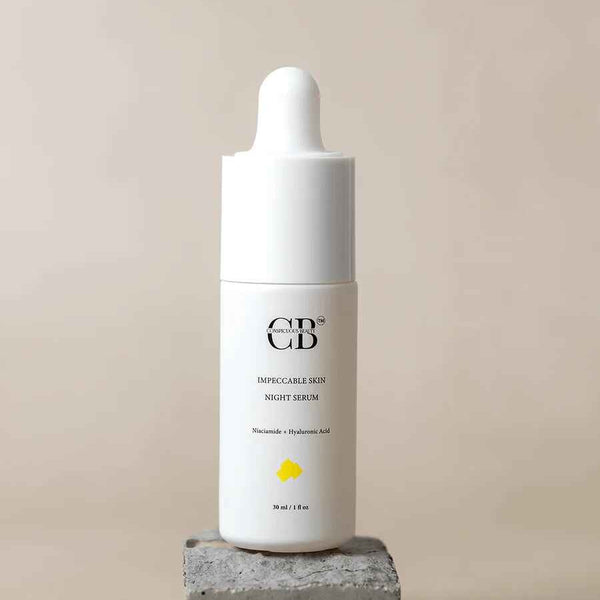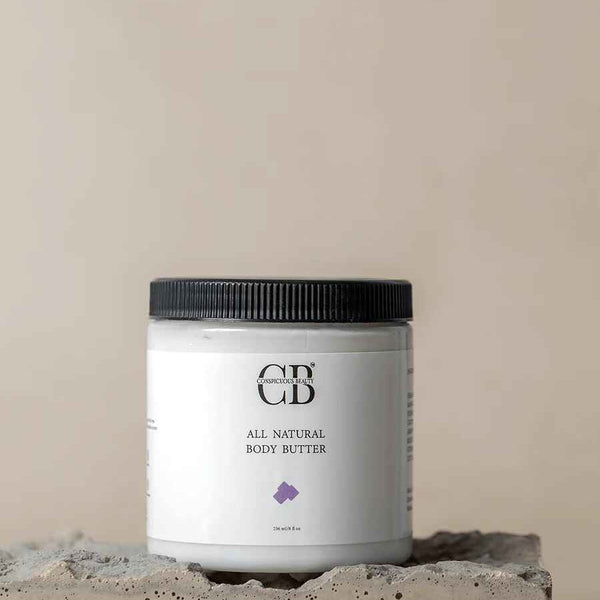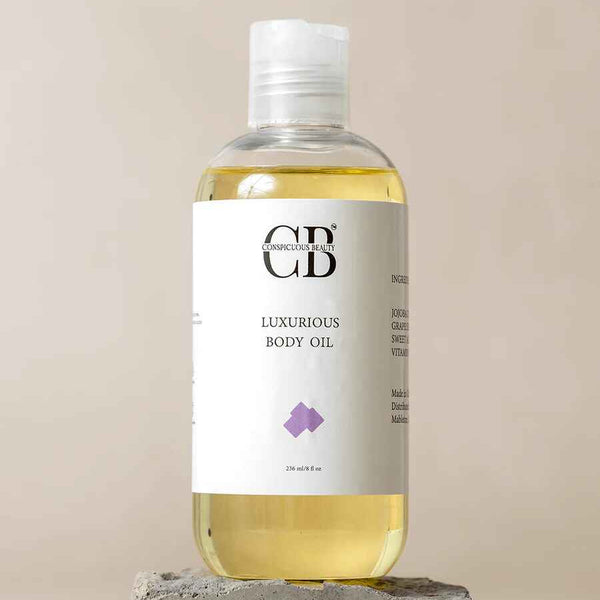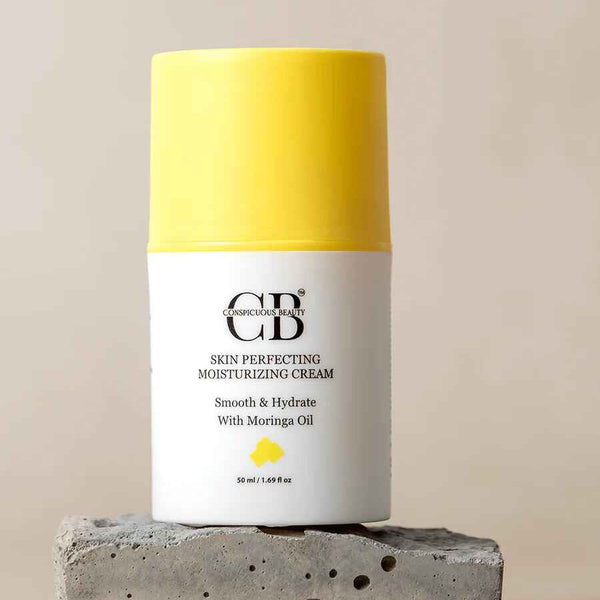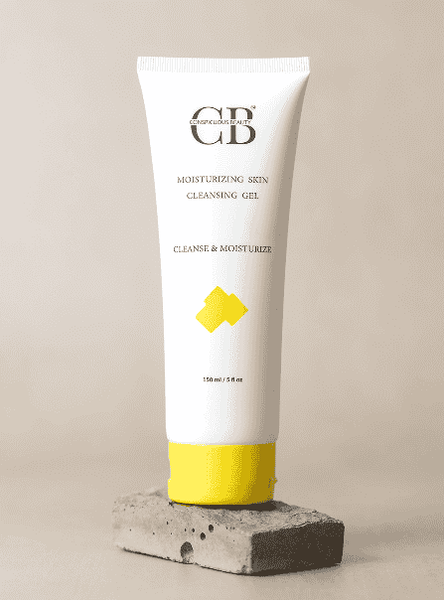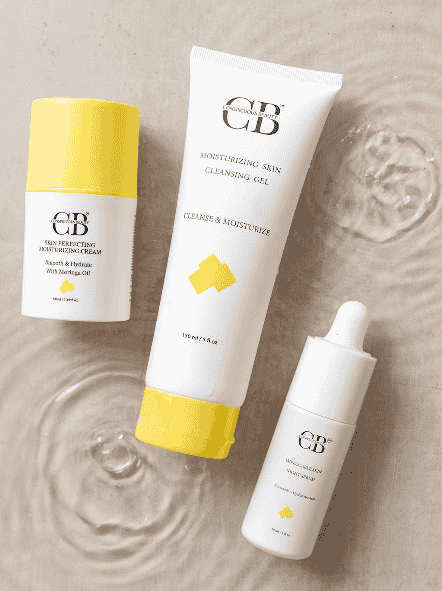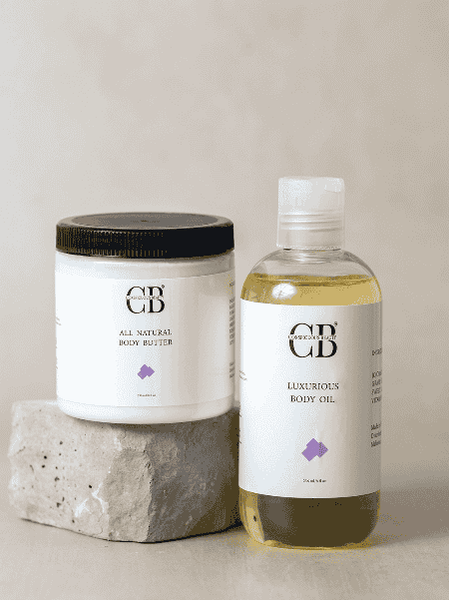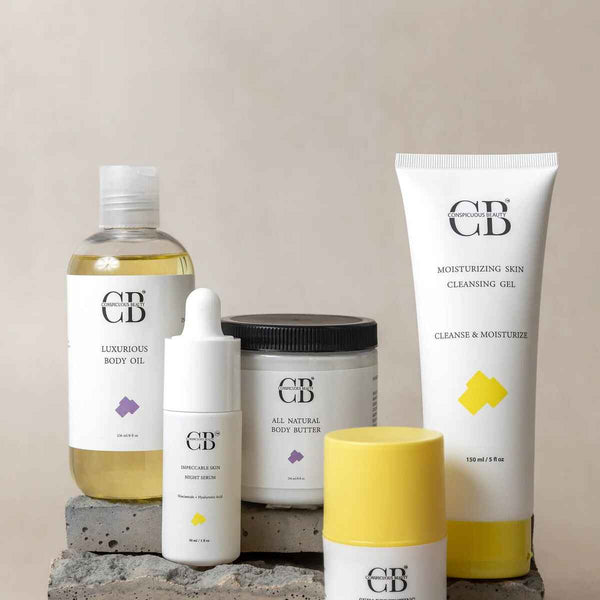Acne is one of the most common skin issues in the world. It doesn’t just affect teenagers; many adults continue to struggle with it too. Pimples, blackheads, and breakouts can make anyone feel uncomfortable and frustrated. When acne appears, people often try to dry it out completely, believing that less oil will mean fewer pimples. That’s why many skip using moisturizer. However, this is one of the biggest skincare mistakes.
The truth is that moisturizer can actually help improve acne rather than make it worse. The key lies in understanding your skin’s needs and choosing the right kind of moisturizing cream. Moisturizer helps balance, protect, and heal the skin, all of which are important steps toward controlling acne.
How Acne Develops
Before discussing how moisturizer helps, it’s important to understand what causes acne. Acne forms when your pores get clogged with excess oil, dead skin cells, and bacteria. Normally, your skin produces a natural oil called sebum that keeps it soft and flexible. But when your body makes too much sebum, it mixes with dirt and dead skin, leading to clogged pores and pimples.
There are many reasons why this happens. Hormonal changes, stress, diet, genetics, and harsh skincare habits all play a role. When acne appears, many people use strong cleansers or drying creams to strip away oil. While this might make the skin feel clean at first, it can actually make acne worse in the long term.
When your skin becomes dry and tight, it signals your oil glands to produce even more sebum. This new oil combines with bacteria and dead skin, creating more breakouts. In other words, the more you dry out your skin, the more oily it becomes. That’s where moisturizer comes in.
Why Moisturizing Matters for Acne-Prone Skin
Moisturizer is not the enemy of acne, it’s part of the solution. Your skin needs hydration to stay healthy and balanced. Without enough moisture, your skin becomes irritated and overproduces oil to protect itself. This extra oil can lead to more pimples and inflammation.
A good moisturizing cream helps by keeping the skin hydrated without blocking pores. It restores the natural barrier of your skin, which is often damaged by acne products that contain ingredients like salicylic acid or benzoyl peroxide. These treatments are effective but can make your skin feel dry, flaky, and sensitive. Moisturizer repairs that barrier and soothes irritation.
Moisturizer also helps reduce inflammation. Acne isn’t just about oil and bacteria, it’s also an inflammatory condition. When your skin is hydrated, it’s less likely to become red, swollen, or painful. A lightweight, non-greasy moisturizer calms your skin and allows acne spots to heal faster.

The Right Type of Moisturizing Cream
Not all moisturizers are good for acne-prone skin. The type of product you choose makes all the difference. Thick, oily creams can clog your pores, while lightweight, non-comedogenic moisturizers can keep your skin soft and clear.
A moisturizing cream for acne-prone skin should be oil-free and water-based. Look for ingredients like hyaluronic acid, glycerin, and ceramides. These hydrate the skin deeply without making it greasy. Hyaluronic acid, for example, attracts water to your skin and helps it stay supple all day. Ceramides strengthen the skin barrier, making it more resistant to dryness and bacteria.
Fragrance-free formulas are also important because added perfumes can irritate sensitive skin. The simpler the ingredients, the better. You can also look for moisturizers with soothing elements like aloe vera, niacinamide, or green tea extract. These calm inflammation and improve your skin’s overall appearance.
Some people prefer moisturizers that contain mild acne-fighting ingredients. Products with salicylic acid, tea tree oil, or sulfur can hydrate the skin while preventing breakouts. However, these should be used carefully, especially if your skin is sensitive.
How to Apply Moisturizer for the Best Results
The way you apply moisturizer matters just as much as which one you choose. Always start with clean skin. Use a gentle face wash that removes dirt and excess oil without making your skin feel tight. After washing, pat your face dry with a clean towel instead of rubbing it.
If you’re using acne treatments such as topical gels or spot creams, apply those first and give them a few minutes to absorb. Then, take a small amount of your moisturizing cream and apply it evenly over your face using gentle upward strokes. Don’t skip oily areas like your forehead or nose; they need hydration too. Use moisturizer twice a day, once in the morning before sunscreen and once at night before bed.
This regular routine will help your skin stay balanced. Over time, you’ll notice fewer dry patches, less redness, and better control of breakouts.
The Benefits of Using Moisturizer Every Day
Daily moisturizing has long-term benefits for acne-prone skin. When your skin stays hydrated, it functions better and heals faster. Moisturizer reduces flakiness, softens rough texture, and helps repair skin damaged by acne medications. It also improves the way your skin absorbs other products, allowing acne treatments to work more effectively.
Hydrated skin is also less likely to form deep acne scars. When the skin heals in a healthy environment, scars fade more quickly. Over time, your skin looks smoother and more even.
Another benefit of regular moisturizing is that it helps control oil production. Many people think moisturizer adds oil to their face, but the opposite is true. When your skin has enough moisture, it doesn’t overproduce sebum. As a result, your skin feels balanced instead of greasy.
Using a moisturizing cream daily also gives your skin a natural glow. Even if you have a few pimples, your face looks fresher and healthier when it’s properly hydrated.

Natural Moisturizers That Support Clear Skin
If you prefer a more natural approach, there are several gentle options you can try. Aloe vera gel is one of the most effective natural moisturizers for acne-prone skin. It hydrates deeply while reducing redness and irritation. Jojoba oil is another excellent choice because it mimics the skin’s natural oil, helping balance sebum levels.
Honey is also great for acne-prone skin. It draws moisture into the skin and has antibacterial properties that fight acne-causing bacteria. You can apply a thin layer of honey as a mask or mix it with your regular moisturizing cream for extra hydration.
Green tea extract and cucumber juice are also soothing natural ingredients that can calm inflammation. However, it’s important to patch-test natural products before applying them to your entire face, as everyone’s skin reacts differently.
Myths About Moisturizer and Acne
Many myths make people believe that moisturizer is harmful for acne-prone skin. One common belief is that moisturizer clogs pores and causes more pimples. This is not true if you use a non-comedogenic, lightweight product. In fact, not using a moisturizer can cause more problems by making your skin dry and increasing oil production.
Another myth is that people with oily skin don’t need moisturizer. Oily skin still needs hydration because oil and water are not the same. When your skin lacks water, it becomes dehydrated, forcing it to produce even more oil. Using a suitable moisturizing cream helps prevent this imbalance.
Some people think moisturizer should not be used with acne treatments, but that’s also incorrect. Moisturizer helps soothe irritation caused by acne medications and allows your skin to tolerate them better.
The Importance of Skin Balance
Healthy skin is all about balance. You don’t want it to be too oily or too dry. A balanced skin barrier protects you from bacteria, dirt, and pollution while holding in moisture. Without enough hydration, your skin barrier weakens, making it easier for acne to develop.
That’s why using moisturizer isn’t just about adding softness, it’s about giving your skin the protection it needs. Whether your skin is oily, dry, or combination, it requires moisture to function properly. When you find the right moisturizing cream and use it regularly, you’ll notice your skin becoming calmer, smoother, and more resilient.
Conclusion
So, does moisturizer help with acne? Yes, it truly does. Moisturizer keeps your skin hydrated, balanced, and healthy. It helps control oil production, reduces inflammation, and allows acne treatments to work better. The key is to use a lightweight, non-comedogenic, and fragrance-free moisturizing cream that suits your skin type.
Skipping moisturizer will not clear your skin faster, in fact, it may do the opposite. Healthy skin needs moisture to heal and stay strong. When you use the right moisturizer daily, you’re giving your skin a chance to breathe, repair, and glow naturally.
In the end, moisturizer is not your enemy; it’s your skin’s best friend. It helps you achieve the clear, calm, and confident skin you’ve always wanted. All it takes is the right choice and consistent care.
